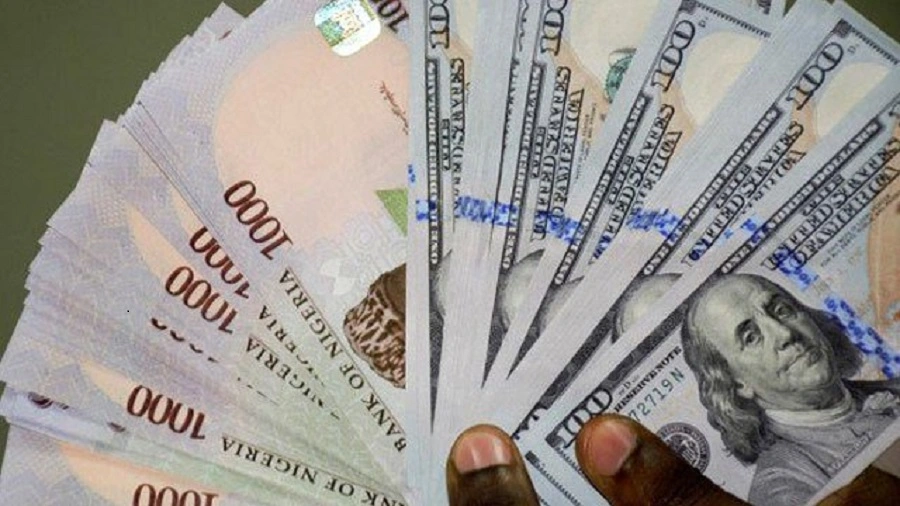Nigeria’s foreign exchange reserves hit a six-year nadir, dwindling to $32.87 billion by the close of December, as disclosed on the Central Bank of Nigeria’s (CBN) website on Friday. The central bank, grappling with a struggling Naira, resorted to selling dollars to buoy the beleaguered currency.
The Naira’s woes this year have been pronounced, facing a staggering depreciation of over 50%, marking it as the third worst-performing global currency. This downturn stems from the unification of the foreign exchange market in June, a move that triggered a tumultuous economic landscape.
The CBN, in an effort to shield the Naira, depleted its foreign exchange reserves, which had peaked at $47.63 billion in June 2018. By December, the dollar reserves of Africa’s largest economy plummeted to levels not witnessed since September 2017, settling at $32.16 billion.
Contrary to J.P. Morgan’s estimate of Nigeria’s net foreign reserves standing at $3.7 billion at the end of 2021, the released data paints a grimmer picture. Kyle Chapman, an FX markets analyst at London-based Ballinger & Co., attributes the Naira’s turbulent year to unresolved forwards, unfulfilled commitments of dollar inflows, and a two-decade high in inflation.
The pressure on the Naira has intensified over the past few years, exacerbated by an estimated $7 billion FX backlog, as revealed by CBN Governor Yemi Cardoso. The reduction in foreign capital and low FX earnings from oil sales have further compounded the Naira’s precarious position.
Recent reports indicate that the Naira fell to a new low on the official window, reaching N1,043.09/$ according to the Naira Metrics daily exchange rate tracker. Despite the CBN’s earlier promise to clear FX backlogs in a matter of weeks, it appears that only a fraction of the total backlogs has been addressed, given the impracticality of the two-week timeline.
FMCG multinational PZ Cussons reported cash repatriation of its holding company but noted that the total repatriation of cash trapped in Nigeria will extend until the end of FY 2024. In October, the Minister of Finance announced an expected influx of around $10 billion in foreign exchange in the weeks ahead, yet this projection has yet to materialize, adding to the challenges facing Nigeria’s economic landscape.


